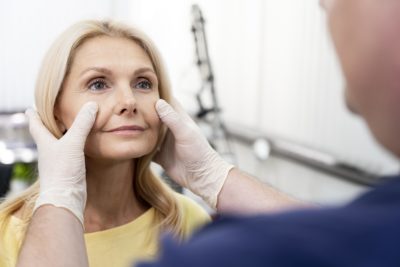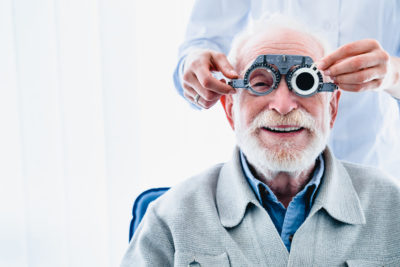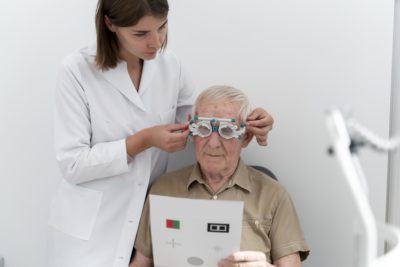Have you ever experienced that pesky sensation of dry, itchy, or irritated eyes? You’re not alone! Many of us have faced the discomfort of dry eyes at some point in our lives. It’s a common condition that, while not typically serious, can be incredibly bothersome.
Dry eye, also known as dry eye disease or keratoconjunctivitis sicca, is a common eye condition that occurs when the eyes do not produce enough tears or when the quality of tears is poor. Tears are essential for maintaining the health and comfort of the eyes, as they help to lubricate the surface of the eye, protect against infection, and ensure clear vision. When there is an imbalance in tear production, it can lead to the symptoms of dry eye.
Causes of Dry Eye
Ageing:
As people get older, tear production tends to decrease, which can make them more prone to dry eye.
Environmental Factors:
Dry and windy climates, as well as exposure to smoke, air conditioning, and heating systems, can lead to increased tear evaporation and dry eye symptoms.
Medical Conditions:
Certain medical conditions can contribute to dry eye, including autoimmune diseases like Sjogren’s syndrome, rheumatoid arthritis, and lupus. Other conditions such as diabetes and thyroid disorders can also be associated with dry eye.
Medications:
Some medications, including antihistamines, decongestants, antidepressants, and certain blood pressure medications, can reduce tear production or quality and contribute to dry eye.
Blinking Problems:
Incomplete or infrequent blinking, which can be caused by factors like staring at a screen for extended periods, can disrupt the distribution of tears on the eye’s surface.
Hormonal Changes:
Hormonal changes, such as those that occur during pregnancy, menopause, or while taking birth control pills, can affect tear production and quality.
Contact Lens Wear:
Contact lenses can contribute to dry eye symptoms by reducing tear film stability and increasing evaporation.
Eyelid Problems:
Conditions like blepharitis (inflammation of the eyelids) or meibomian gland dysfunction (MGD) can lead to poor quality tears and contribute to dry eye.
Treatment and Management of Dry Eye
Artificial Tears:
Lubricating eye drops (artificial tears) can help alleviate dry eye symptoms by providing additional moisture to the eyes. These can be used as needed, and some formulations are preservative-free for those with sensitive eyes.
Prescription Medications:
Your eye doctor may prescribe medications such as anti-inflammatory eye drops (corticosteroids) or immunosuppressants to reduce inflammation and improve tear production.
Lifestyle Modifications:
Simple changes like using a humidifier, taking breaks during prolonged screen time, and avoiding smoke or windy environments can help reduce dry eye symptoms.
Eyelid Hygiene:
Cleaning the eyelids and lashes regularly can help manage conditions like blepharitis and MGD, which can contribute to dry eye.
Warm Compresses and Lid Massage:
These can be used to help open blocked meibomian glands and improve the quality of the oil layer in the tear film.
Punctal Plugs:
These small devices can be inserted into the tear ducts to block drainage, thereby increasing the eye’s tear film.
Nutritional Supplements:
omega-3 fatty acid supplements, such as fish oil, may be recommended as they can help improve tear quality.
Surgery:
In severe cases of dry eye that do not respond to other treatments, surgical options like punctal occlusion or the insertion of artificial tear ducts may be considered.
It is essential to consult an eye care professional if you are experiencing persistent dry eye symptoms, as they can determine the underlying cause and recommend an appropriate treatment plan tailored to your specific condition. Timely treatment and management can help prevent complications and improve your eye comfort and health.
Managing dry eyes can be challenging, but with the correct diagnosis and treatment plan, it can be effectively handled. If you suspect you have this condition, it’s advisable to consult an experienced eye specialist. They can assess the extent of the growth and recommend the most suitable treatment to address it.
Further, Dr. Agarwal’s Eye Hospitals can offer valuable advice on prevention and guide you in maintaining good eye health to reduce the risk of dry eyes recurrence. In summary, by receiving the right treatment, and taking preventive measures, you can successfully manage dry eyes and keep your eyes healthy.









